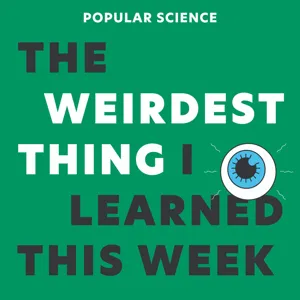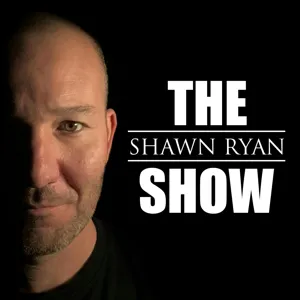The Mega Corporations That Control What Americans Eat

Walk into a grocery store today and there are seemingly endless shelves of product to choose from. But behind all those different options are a handful of agricultural giants that have grown to dominate the food industry. Companies like Walmart and Cargill are well-known at this point, but there are also dominant players in everything from berries to dairy to pig farming. In this episode, we speak with Austin Frerick, an antitrust and agricultural expert. His new book, Barons: Money, Power, and the Corruption of America's Food Industry, details the behemoths behind American agriculture and how they got so big. He talks about the choices that went into our current agricultural system, the impact of all that concentration, and what can be done to change it.
See omnystudio.com/listener for privacy information.













